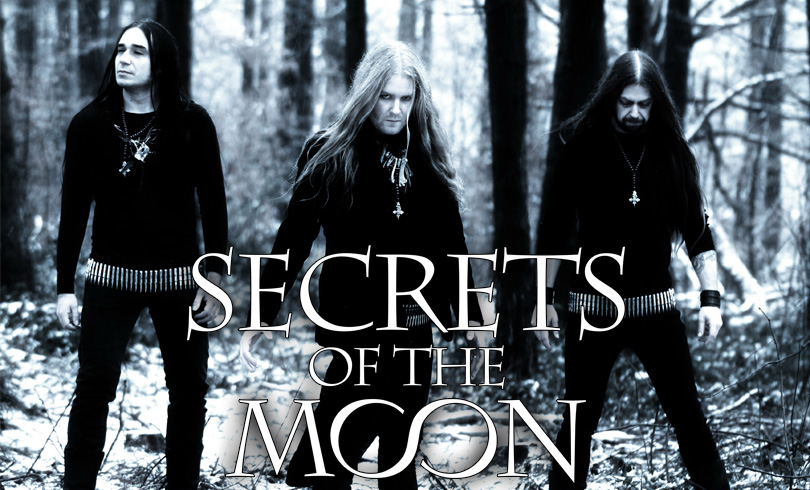

Since then our relationship with our celestial neighbour has only grown stronger.īack in the 1960s and 1970s, government-run programs and Cold War rivalry fueled the desire to claim a 'first' in space exploration. What we find in that new area will continue to expand our knowledge, as the moon continues to exert its pull on science.įor all the millennia of upward peering, we didn't get a detailed view of the moon until 1609, when Italian astronomer Galileo Galilei first observed it via a telescope and discovered it has mountains and other features just like Earth. "So we're going to a relatively new area on the moon, and it will be interesting because we had thought that the moon was basically inactive since about three and a half billion years ago." "The new mission is going to what appears to be more recent lava plains, one to two billion years old. "All of those previous missions went to relatively equatorial places – relatively old, about 3.5 to 3.8 billion years old," he tells CGTN Europe. But he's enthusiastic about any mission that gathers more information on our solar system – and is therefore delighted that Chang'e-5 has landed on a different part of the moon to those old Russian and American lunar expeditions. And it provides that really interesting way of dating the rest of the solar system."Ĭoates currently leads the PanCam team for the ExoMars Rosalind Franklin rover, which will be launched to Mars in 2022. "It's been something which has been there for a long time without an atmosphere. "The moon does hold some interesting scientific secrets," says Andrew Coates, a professor at University College London who has been involved in multiple space missions. If the methods are mind-expanding, so are the possibilities of what we might learn from what we find.

"As a space explorer I'm completely awed." "Chang'e-5 is an incredibly daring mission from a technical point of view," says Silvo Sandrone, who leads the New Space Exploration Programmes of Airbus Defence and Space. If successful, it will make China only the third country in the world to safely return lunar samples, and the first since the Soviet Union's Luna 24 mission in 1976. It takes China's space program to the next level: As the country's first sample-return mission, it aims to bring back to Earth at least two kilograms of rock and soil samples. As a space explorer I'm completely awed" Silvo Sandrone, New Space Exploration Programmes lead, Airbus Defence and SpaceĬhang'e-5 blasted off from Wenchang in Hainan, China's southernmost province, on November 23 and landed on the moon on December 1. "Chang'e-5 is an incredibly daring mission from a technical point of view.


 0 kommentar(er)
0 kommentar(er)
